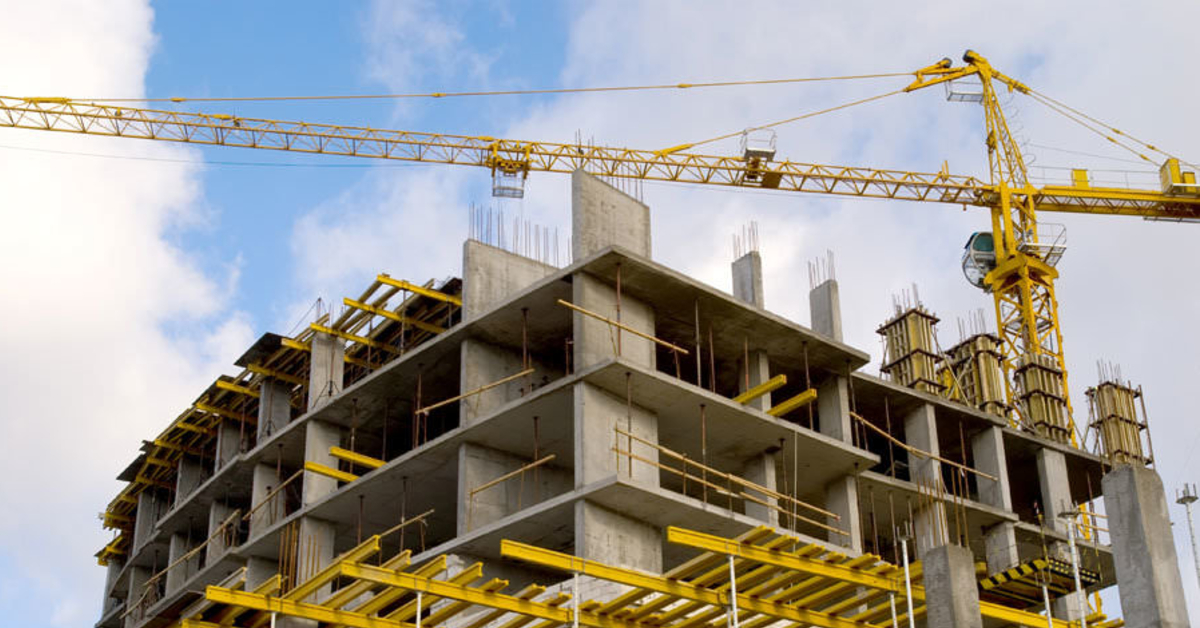Purchasing new construction in Israel is a complex transaction, both legally and financially. Often, when entering into the new construction agreement, completion is two to three years away and you are buying a home, off blueprints and technical specifications. The Israeli law of sale is designed to keep your money safe, if the contractor goes bankrupt or doesn’t complete the project.
The Israeli Law of Sale (Apartments) (Protecting the Investment of Purchasers) – 1974 and numerous related consumer protection laws provide a well-regulated and important framework for the process of buying and paying for a new construction home. It’s important to be familiar with some of the basic protections, so that you are able to insist on your rights, when dealing with a new construction situation.
Since 2008, the Law of Sale has been substantially revised and many new regulations added to fortify consumer protection in this very risky purchase.
First and most importantly, Section 7 of the Law of Sale states that the contractor is NOT PERMITTED to collect more than 7% of the price, unless you are provided one of the five safeguards for your payments:
- Bank guarantee Contractor to provide a bank guarantee which ensures the refund of the buyer’s funds, paid for the new construction, in the event that the contractor cannot transfer ownership to the buyer or any other property right (as set forth in the agreement), due to a lien placed on the apartment or the project, or the land itself, or due to a liquidation proceedings against the contractor, or due to other reasons which prevent the completion of the apartment.The bank guarantee must conform to the wording according to the 2010 Sale Regulations (Apartments) (Protecting Investments of Purchasers) (Bank Guarantee).
- Insurance which names you as the beneficiary, and in which the premiums have been paid in advance.
- First mortgage on property – often this is not possible as there is a bank financing the project and they have the “first” mortgage on the property.
- Warning notice according to Section 126 of the Property Law – 1969: (Caveat on the rights registered in the Land Registry) – provided there is no lien or other third party right, which takes precedence over the warning notice.
- Transfer of full property rights to buyer– clear of any third party rights. This is the final stage of new construction project and rarely is provided as a guarantee during the construction. Even upon construction completion, it can be several years before the full property rights are transferred, depending on the land ownership and other factors, such as parcelization and whether the land is privately owned or owned by the Israel Land Authority, which provides long term leases (99 renewable leases for example).
The contractor must report the sale of a new construction property and the precise method of protecting the purchaser’s money, within 7 days of signing the sale agreement and on a specific statutory form, which the contractor must sign before a lawyer. You (or your lawyer), should get a copy of this declaration.
You pay the contractor via a book of vouchers which the financing bank creates, into a designated bank account for the project which the builder maintains at the “financing bank.”
In addition to safeguarding your payments, there are also regulations which provide the framework for payment in accordance with the progress of the building, and your payment schedule must conform to the Law of Sale Regulations (Apartments) (Protecting Investments of Purchasers) (Limitations on Payments made for New Construction) – 1975.
Many buyers tend to rely on the contractor, even when presented with a lengthy new construction contract and technical specifications, in Hebrew. However, it is advisable to consult with both an Israeli real estate lawyer, regarding the legalities, and an architect/engineer, regarding the technical specifications and blueprints, to protect your investment and get your Israeli dream home.
Deborah Opolion, Adv. is an Israeli/US licensed attorney with offices in Ra’anana and Netanya specializing in Israeli real estate and inheritance.



